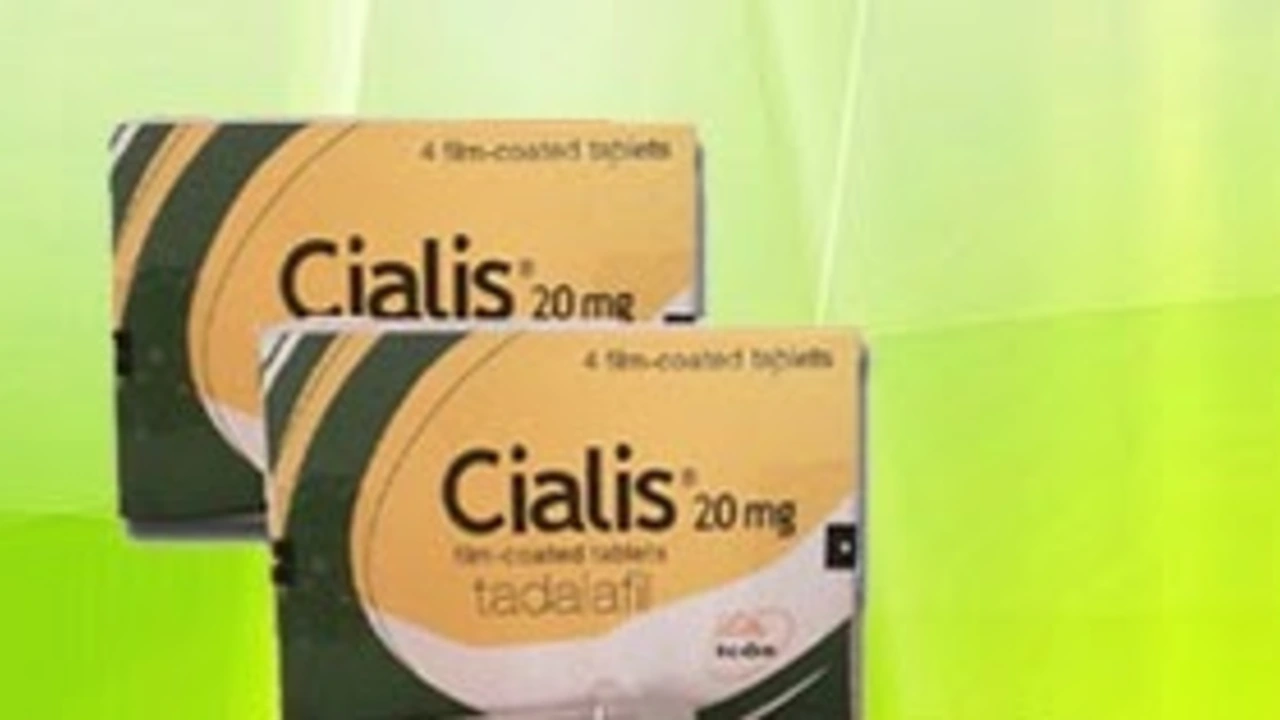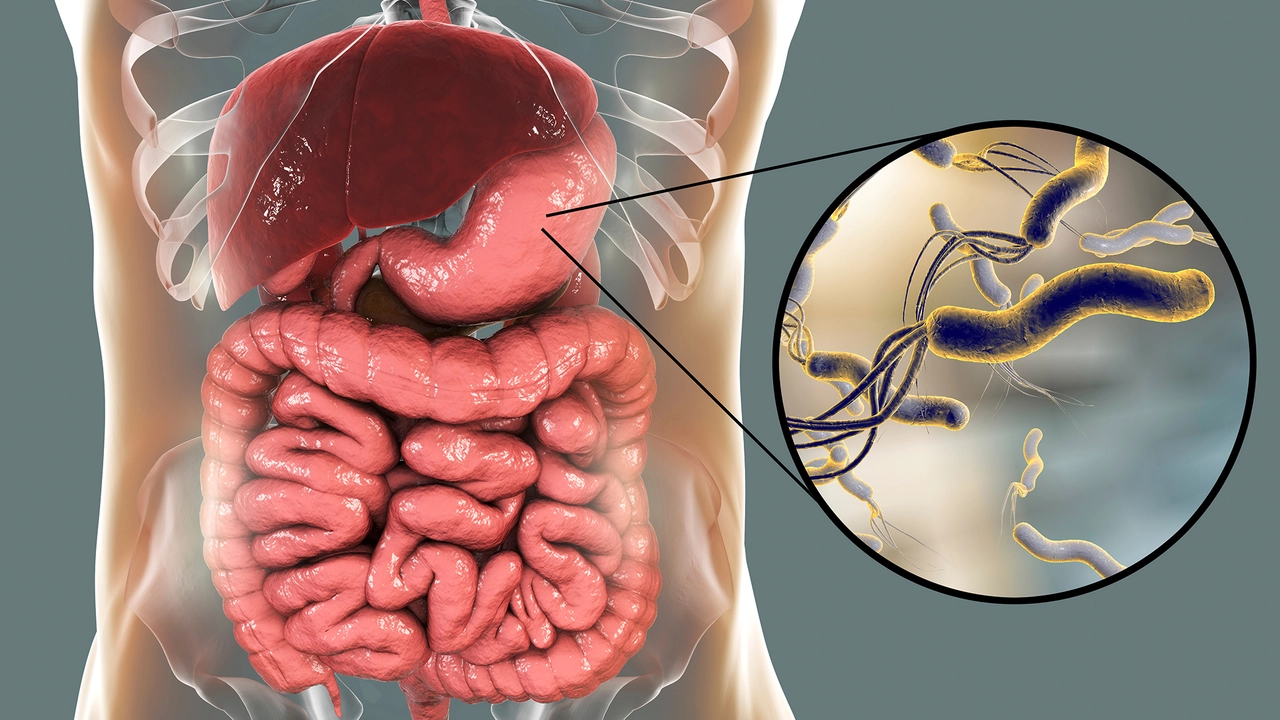Stomach Ulcers and Helicobacter pylori — November 2023
Surprise: a tiny bacterium is behind many stomach ulcers. In November 2023 we published a clear guide explaining how Helicobacter pylori (H. pylori) harms your stomach lining, what symptoms to watch for, how doctors test for it, and practical steps to treat and prevent it.
What H. pylori does and how you feel
H. pylori lives in the stomach and wears down the protective mucus that keeps acid from burning the lining. That damage can cause open sores called peptic ulcers. Typical signs include a burning or gnawing pain between meals or at night, bloating, belching, nausea, and loss of appetite. If an ulcer bleeds you might notice dark or tarry stools, vomiting blood, or sudden severe pain — those are medical emergency signs. Not everyone with H. pylori has pain, though, so a lack of symptoms doesn't always mean you’re clear.
Two common myths: stress and spicy food don’t directly cause ulcers. They can make symptoms worse, but H. pylori and long-term NSAID use are the usual culprits.
Testing, treatment, and simple next steps
If you have persistent stomach pain, see a doctor and ask about testing for H. pylori. Reliable tests are the urea breath test and the stool antigen test. Blood antibody tests can show past exposure and are less useful for current infection. In some cases — for severe symptoms or complications — a doctor may recommend an endoscopy to look at the lining directly and take a biopsy.
Treatment aims to kill the bacteria and reduce acid so the lining can heal. Standard care is a short course (usually 10–14 days) of two antibiotics plus a proton pump inhibitor (PPI). Common antibiotics used are clarithromycin, amoxicillin, or metronidazole. Finish the full course even if you feel better. After treatment, doctors often confirm eradication with a breath or stool test at least four weeks later because antibiotics can fail if bacteria are resistant.
Practical things you can do right away: stop or limit NSAIDs (ibuprofen, naproxen), quit smoking, and avoid heavy alcohol — these slow healing. Eat regular, balanced meals; no magic foods cure ulcers, but avoiding foods that trigger your symptoms helps. If you’re prescribed medication, follow dosing instructions, and tell your doctor about allergies or prior antibiotic use.
If you have repeating symptoms after treatment, talk to your doctor about antibiotic resistance and alternative regimens. If you experience severe pain, vomiting blood, fainting, or black stools, get urgent medical help.
This November post gives a practical, no-nonsense look at how H. pylori causes ulcers and what you can do. If you think you might have an ulcer, testing and timely treatment usually lead to a full recovery.
Discover Incredible Savings on Cialis Super Active Online
You wouldn't believe the fantastic deals on Cialis Super Active I stumbled upon while scouring the internet! It's like every guy's dream- getting a top-notch ED medication without breaking the bank. I'm talking serious discounts that make you feel like you've hit the jackpot. I'm here to share my secret finds so that you, too, can enjoy the benefits of this supercharged version of Cialis. So, let's dive into where you can snag the best Cialis Super Active deals and turn your love life around!
The Connection between Stomach Ulcers and Helicobacter pylori Infection
Hi there, let's talk about something really important - stomach ulcers. Believe it or not, these nasty little things can be caused by a bacteria called Helicobacter pylori. Throughout this article, I’ll walk you through how this infection interacts with your stomach lining, leading to ulcers. It’s an intriguing connection that could be useful in understanding and managing your health better, so stay tuned for an insightful discussion.

